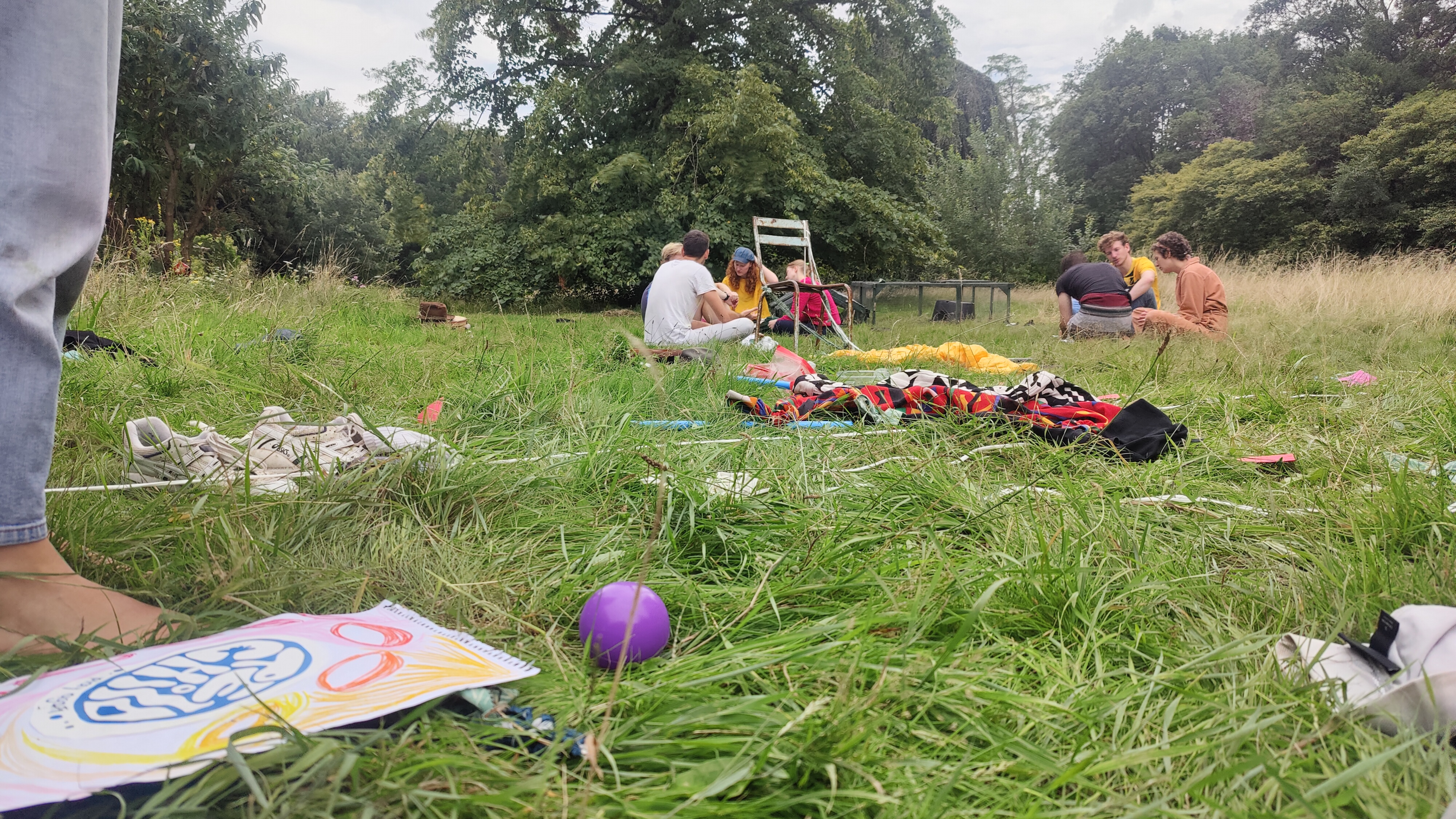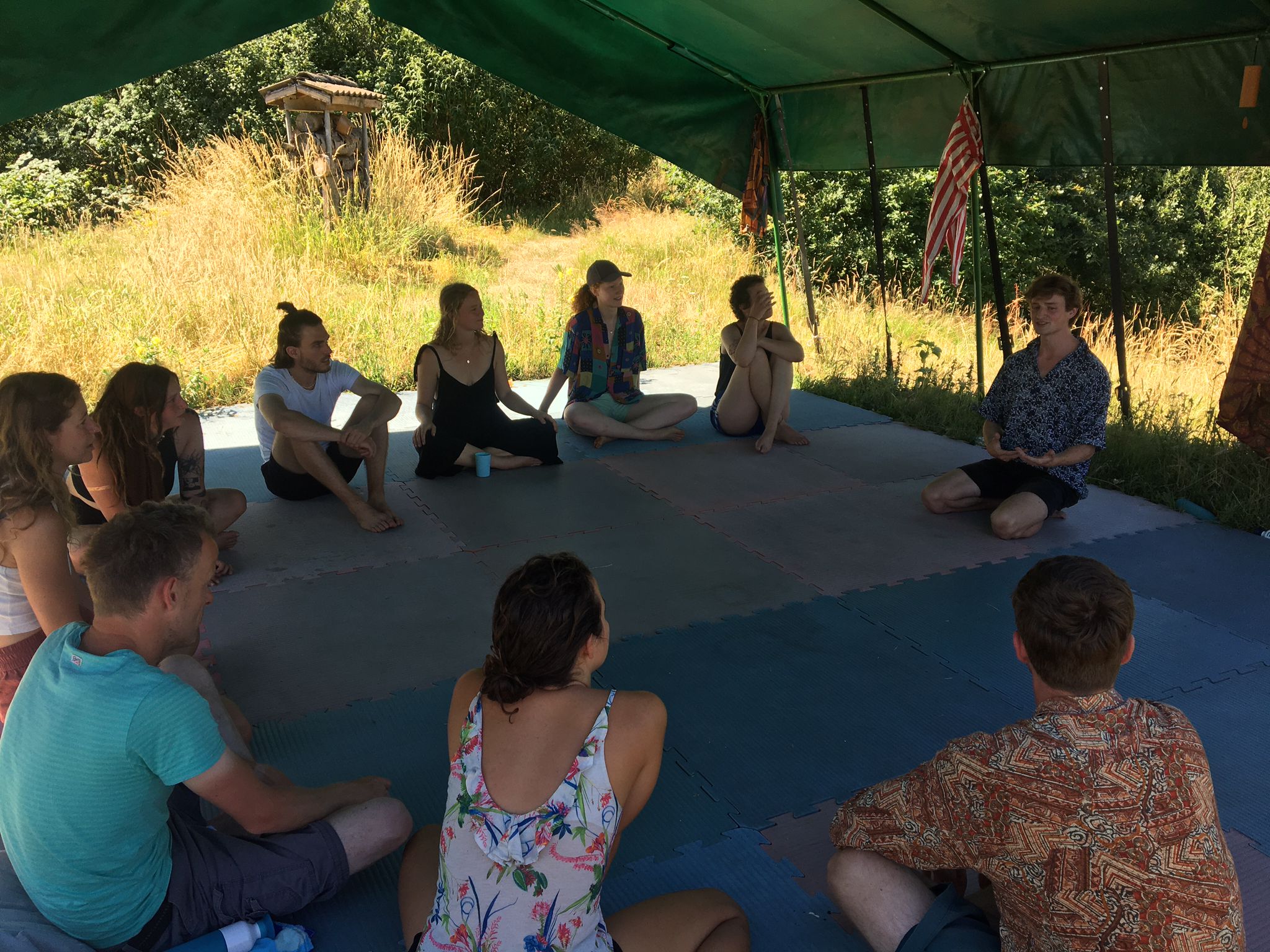What is Play and why Play?
“Play is nonsense! Yes it is. It is really important nonsense. The point of play is that there really is no point. How liberating is that! In a world that is product-obsessed, that’s end-orientated, to be in a moment and share an experience with the people around you is kind of a radical thing. I think the power of play has this incredible capacity to disarm us, to tear down these barriers that we build up within ourselves and walls we build between each other, and make that solid parts a little more liquid and permeable so that we can really connect.”
- Mallory Nezam
'Play' is a word we use in a lot of different contexts. You can play an instrument, play music, play with your friends or watch a play. For the sake of making things simple here I tell you about the five mindset of play:
Self-chosen & self-directed
Play is what one wants to do, as opposed to what one feels obliged to do. In play we have people making up the rules of their own play and chosing to changing and direct this themselves every moment.
Instrinsic motivation
You choose what you want and how you want to play. People who play themselves think for themselves, it’s done for its own sake more than for some external reward.
Active, alert & relax
Play is not a response to external demands, and because the ends do not have immediate consequences in the real world, it is stress free. Although most of the times players like to challenge themselves, were they need focus and attention for.
Own rules
Play always has structure, and that structure comes from rules in the players’ minds. Anyone may propose rules, but the rules must be agreeable to all. This could be simple as not hurting each other.
Imagination
By saying “Imagine that…” anything is possible.
Play provides the engine for cultural innovations because it develops creativity and the ability to think in ways that go beyond the real world and the concrete here-and-now.
Play is what one wants to do, as opposed to what one feels obliged to do. In play we have people making up the rules of their own play and chosing to changing and direct this themselves every moment.
Instrinsic motivation
You choose what you want and how you want to play. People who play themselves think for themselves, it’s done for its own sake more than for some external reward.
Active, alert & relax
Play is not a response to external demands, and because the ends do not have immediate consequences in the real world, it is stress free. Although most of the times players like to challenge themselves, were they need focus and attention for.
Own rules
Play always has structure, and that structure comes from rules in the players’ minds. Anyone may propose rules, but the rules must be agreeable to all. This could be simple as not hurting each other.
Imagination
By saying “Imagine that…” anything is possible.
Play provides the engine for cultural innovations because it develops creativity and the ability to think in ways that go beyond the real world and the concrete here-and-now.





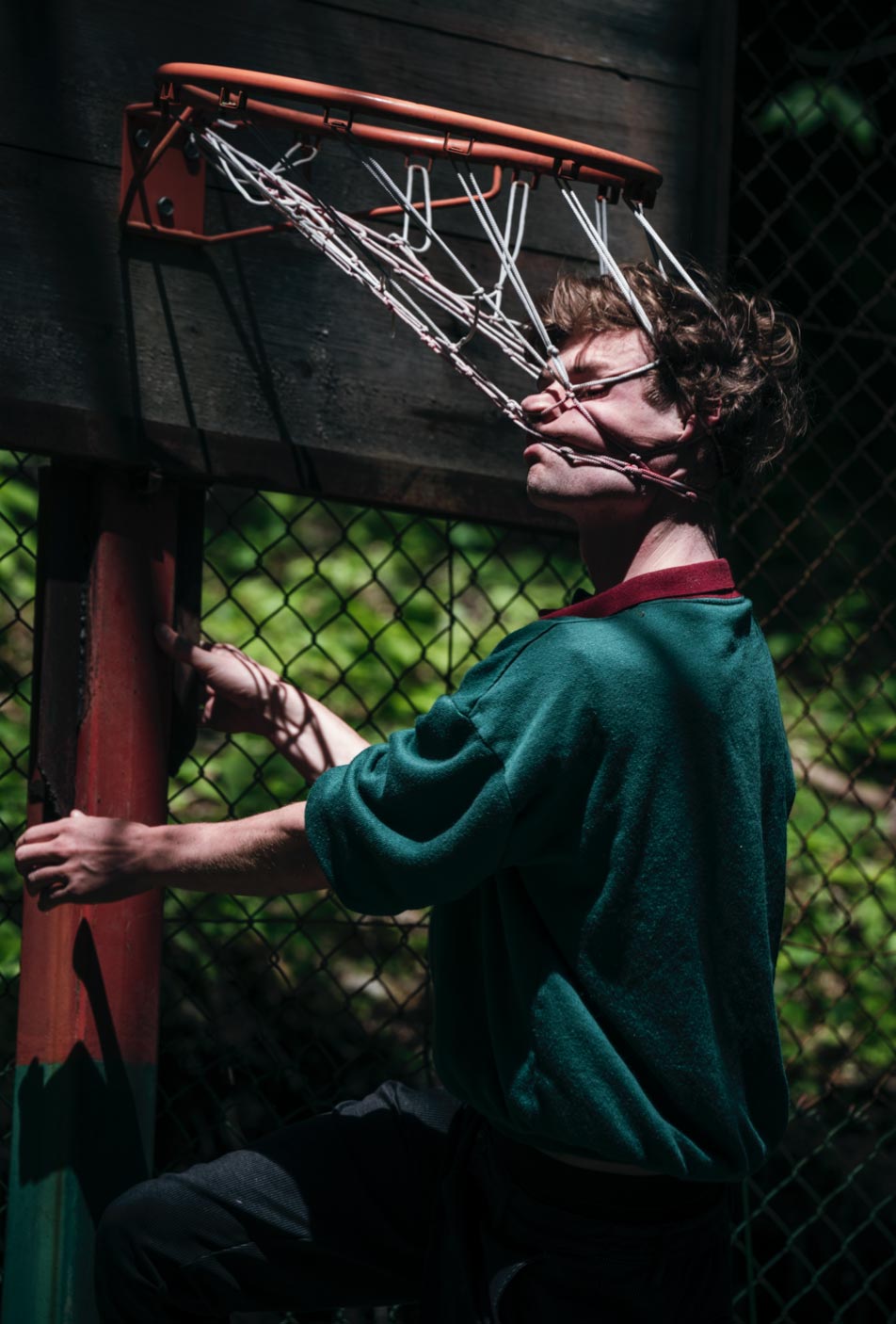


We care about mental health. The need to play is as fundamental as our need for food and sleep no matter your age, joy is healthy.
Multiple research studies have proven the negative impact that the lack of play brings, such as youth depression, poor adaptability or mood-driven behavior.
“The opposite of play is not work, it is depression”
- Stuart Brown
![]()
Multiple research studies have proven the negative impact that the lack of play brings, such as youth depression, poor adaptability or mood-driven behavior.
“The opposite of play is not work, it is depression”
- Stuart Brown

What is Rechild?
Rechild is a made up word, combining the preposition 'Re' that means again and the word child. It is about a certain flow that children naturally have, that we tend to loose while growing up.
I believe children are the best teachers for play. No matter your age, joy is healthy and it nourishes our minds like food nourishes our bodies.
In some moments it would be healthy to regain this flow, which I call playstate. Through Playshops (playful workshops) I get people in a playful energy by excersises about sensing, interaction and the group and from there we can start playing.
This multidisciplinary adventure is a personal journey and a way to connect with others. Our mission is to make time and space within a safe environment to help us breakdown the old norms that hold us back from that playstate.

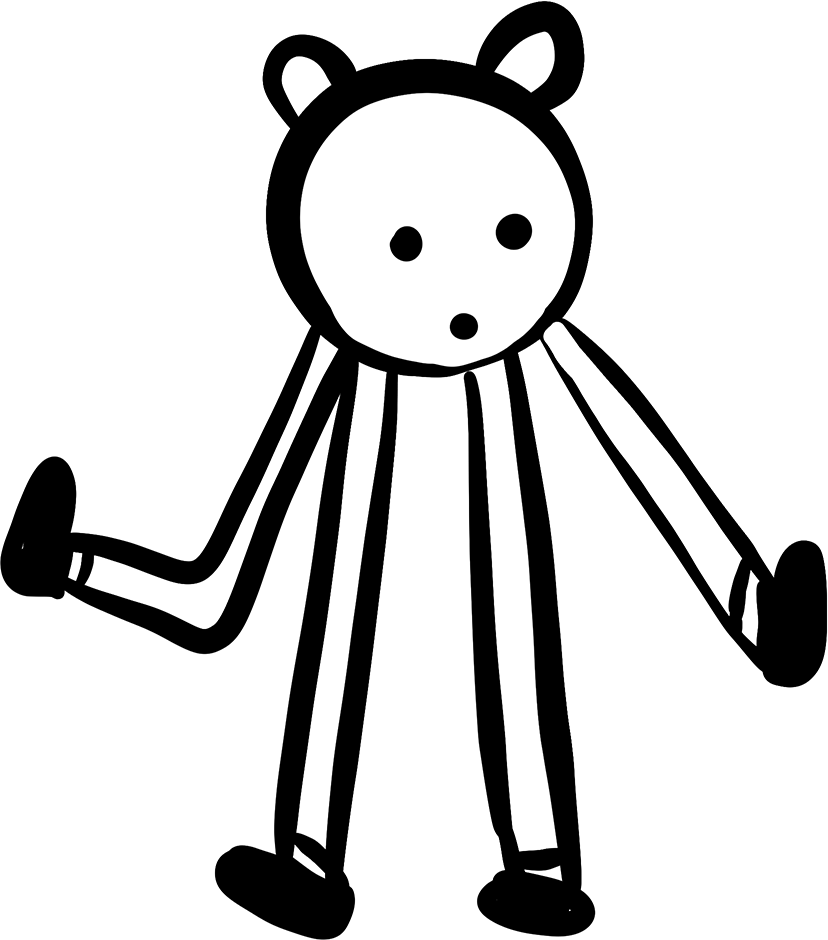


Imre
is an experience maker which reconnects people with their expression through playfulness. He is passionate about bringing people into motion, to gather and improvise. He is an authentic theatre trainer and director. He has a fascination for human interaction and to experience the world from a performance perspective. With his new organisation Rechild he is passionate about connecting people within themselves to the people around them. Imre believes in a more collaborative and regenerative society starting together now, by play!
What started as an investigation, using theater methodology to analyse human interaction, slowly grew into a fascination of connecting people, from within themselves to the people around them.
I think that most of the people have lost the urge and the ability to play. My mission is to make time and space within a safe environment to help us break down the old rules and norms that hold us back from that play-state. I open a space that encourages people to discover the power of play by offering playshops.
Rechild is not about being childish or going back to your childhood trauma's. For me it’s about resense simple things and start to be curious again, like children automatically do.
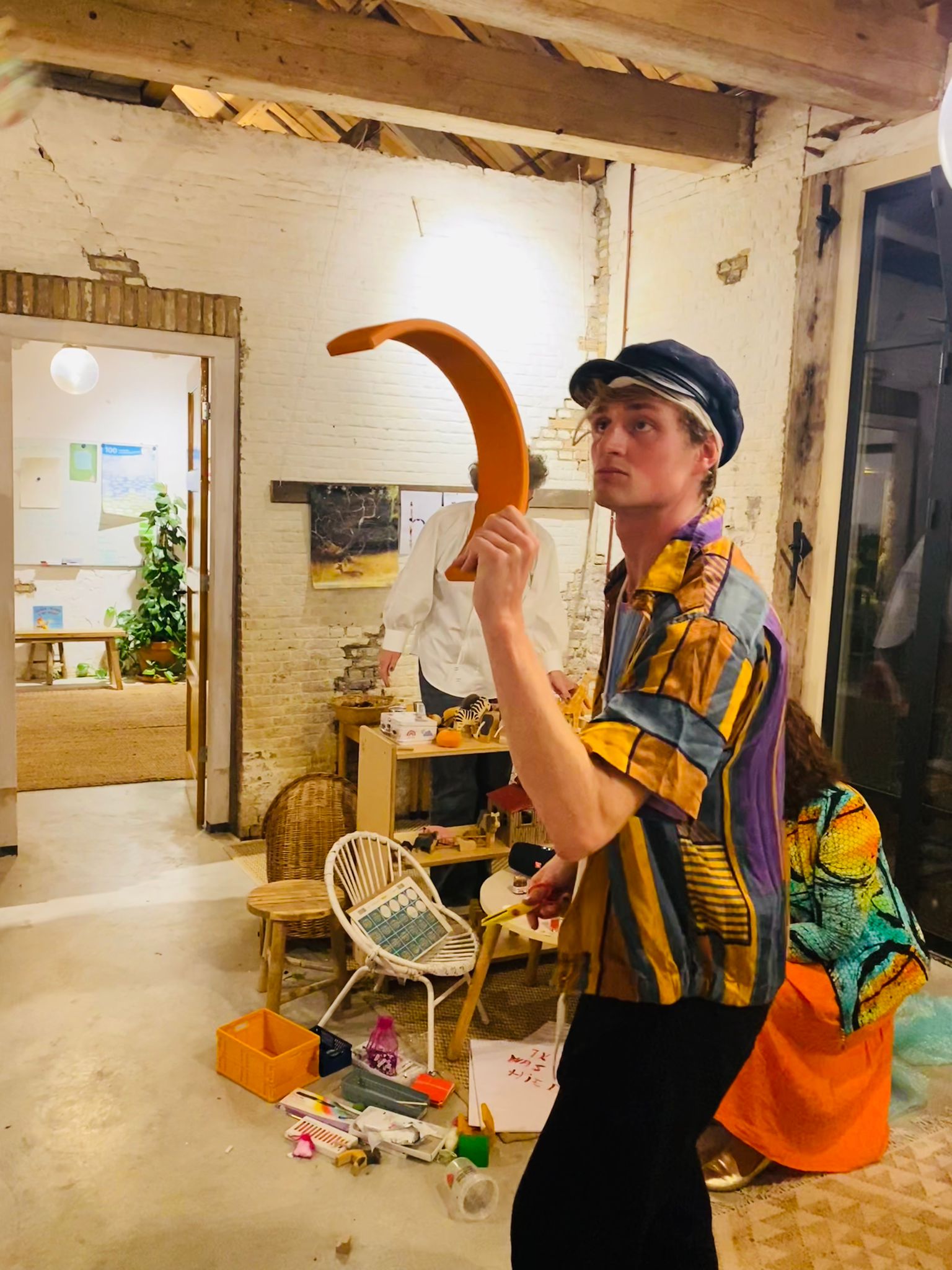
Food for Thought—
Rechild isn’t alone in seeing that play is an important key element in our lives. There are many articles, TED Talks and scientific researches about the importance of play. Here we listed some of our favorites for you to play around and learn why we do what we do.
Play articles
“Think about how kids are excited all the time,” Mr. Harry said. “That’s basically what we’re all trying to get back to.” This New York Times article is about what play is and how we can get there as grown-ups.
The National Institute for play website gives a lot of information about the importance of play, not only for children but especially for adults. Please also read other articles on the website, like ‘How We Play’ and ‘Play Personalities’.
A National Geographic article about play and the relating between play, humans and animals.
‘This is why we need to take play serious’
In this article read Part 4. ‘The Characteristics of Play’ and if you want the complete story read also Part 1. ‘Stages of Play’, Part 2. ‘Born to Play’, Part 3. ‘Types of Play’ and Part 5. ‘Adult Roles in Child’s life’.
“The opposite of play if not work. It is depression”. In this article Allen Baird explores the medicinal value of play and practical ways to incorporate it into working life to help people's mental health.
In this article Rutger Bregman, author of HumanKind, writes about why even children lost the capability of play. He comes with interesting facts and a good distinction between game and play.


Play-talks
By far the most inspirational Ted Talks about the importance of play by Dr. Stuart Brown, who is the founder of the National Institute for Play where he studies the scientific knowledge on play behavior and its implications in everyday life.
Dr. John Cohn - the self confessed nerd in his colored coat - says he’s at his most creative, influential, productive and happy when he is playful at his work. By playful he means being in a state of childlike innocence. Playfulness is not just about enjoying your work, you get more creative at work, as studies show.




